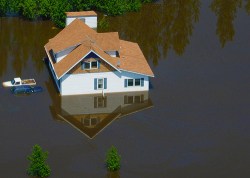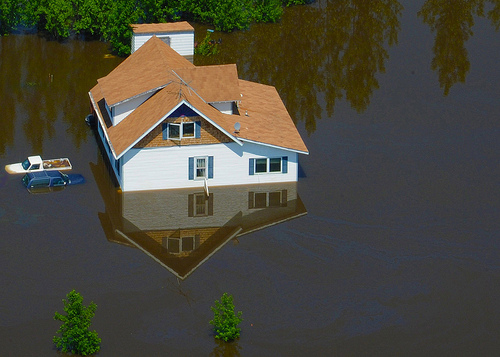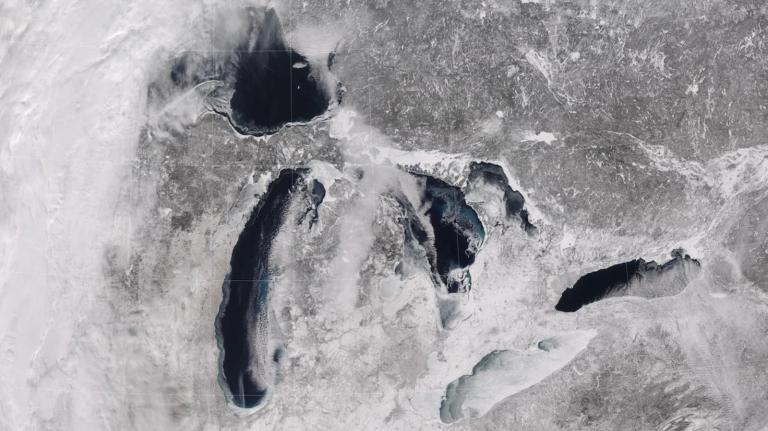
Photo by DVIDSHUB.
The Senate is expected to vote on a bill this week that would refine federal flood insurance rules to include global-warming-related flooding projections. From a report at E&E News:
The legislation instructs the 44-year-old program with 5.6 million policyholders to incorporate science’s best estimates about future flooding changes into the map-making process that identifies floodplains across the country. …
The legislation instructs the Federal Emergency Management Agency, which runs the program, to plan for potential “future inundation” by using the latest research on climate change when updating the flood maps that weave through most counties in the country. It pinpoints possible threats from sea-level rise, increased precipitation and intensifying hurricanes.
On the one hand, given the well-documented rise of sea levels (or whatever the incorrectly political term is), adjusting insurance rates to account for likely flooding will save the government money over the long run.
On the other hand, any admission that sea level increase is occurring in any capacity is an attempt to subjugate the United States to the United Nations-USSR-Weimar Republic’s plan to create one world government in which Thanksgiving is comprised solely of soy products and sale items at Whole Foods. Which sounds awesome, but some people are against it for some reason.
Both House and Senate versions of legislation accomplish similar things: a rate increase (particularly helpful after the losses accrued following Katrina) and improved mapping. But, says E&E News, “there are some concerns that House members might target the Senate’s climate language if the Senate passes its bill next week.” There are also “some concerns” that the sun might some day engulf the remnants of planet Earth. There are “some concerns” that a giant shark might eat you if you were in the ocean wearing a seal costume made of seal meat. Congress has its work cut out for it!
One counterargument to the House’s inevitable moaning:
“It certainly wouldn’t surprise me if it was targeted,” said Eileen Fretz, associate director of government relations for American Rivers. “But it doesn’t specifically say anything about it being human-caused climate change. If you’re looking at the future and trying to realistically assess where we’ll be and where we should allow development, or encourage development, it doesn’t make any sense not to look at climate change.”
True! It doesn’t make any sense at all. Which has never once in America’s 223 year history of Congress been an obstruction to politicians introducing legislation.




